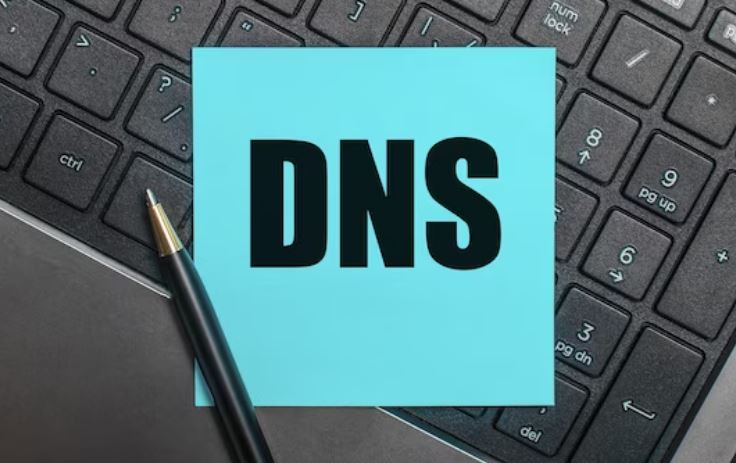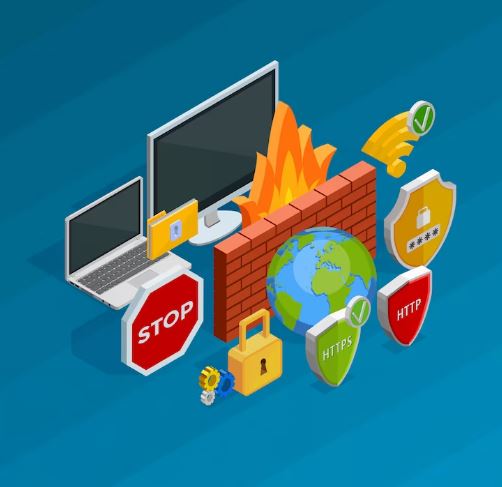5 Benefits of Content Filtering for Your Organization
Content Marketing | Jun 16, 2024
There are several risks waiting for users in the cyber world. Phishing attacks via e-mails, links containing malware, and data theft are the prior threats to organizations. Although businesses take action to avoid this kind of harmful attack or breach, they need to imply more extended and effective methods to provide optimum protection.
Here, content filtering shows up. It is a recommended solution because it gives an opportunity to company owners to decide on filtering parameters. Moreover, it is effortless over other protection methods.
The Scope of Content Filtering
Content filtering has been used in almost all companies from small to medium-sized. The primary purpose of content filtering is to manage user access to websites, social media profiles, and e-mails. In today’s circumstances, no business type can pursue work without an Internet connection. However, the Internet is full of risks and threats. Any user, employee, or third-party contractor can put your organization’s security on the line by clicking one single link. This is why cybersecurity solutions are a must for organizations to provide secure Internet access to their employees.
In brief, content filtering can be used in each field of business. Besides the companies, content filtering is also used in homes. Parents adopt content filtering solutions to prevent their children from accessing harmful websites or any content. However, it is much more important in terms of companies’ cyber security, reputation, and scalability.
Working Principle of Content Filtering
DNS Filtering
Content filtering can be accomplished in many ways. DNS (domain name system) filtering is one of them. In DNS filtering, you can create allowlists (whitelists) and blocklists (blacklists). As the name refers, the allowlist contains the websites that you want to allow access to. Managers usually put necessary websites that are related to business in allowlists.
On the other hand, in blocklisting, the manager decides on what websites will be blocked. Thus, managers can manage, monitor, and screen employee access to the websites. Business owners generally want to block social media, magazines, and sexually explicit websites so they create blocklists and avoid unwanted access to these kinds of websites.

E-mail Filtering
Another content filtering method specifically focuses on e-mail filtering. It is vital for companies to safeguard corporate e-mail circulation from phishing attacks. Phishing is a common attack method that even inexperienced cyber criminals can harm victims. In phishing, hackers send malware containing links that seem organic and reliable. When the user clicks these links, the malware or spyware spreads to the device and starts to steal private data. Besides the risk of a data breach, criminals can avoid your access to important sources and they may demand ransom in exchange for returning your data.
Search Engine Filtering
Search engine filters are used for controlling search engine outputs. As a business owner or an IT manager, you can control your employee’s search engine results. It is another way to prevent harmful content from being reached.
5 Benefits of Content Filtering
Increase business productivity
It is a fact that all business owners desire to increase employee productivity and work quality. You can hear some employers complains about their employee’s distraction and poor work quality.
Content filtering, by filtering time-consuming content such as social media, prevents employees to get distracted. In a long term, content filtering adds extra value to your organization both in financial and reputational ways.
Protect employees from cyber risks
Since organizations realize that cyber risks are not always outside-oriented and that inside users can cause data breaches or attacks, they started to focus on protecting their companies from internal threats. Employees can access many corporate resources which have sensitive data and confidential information.
If your employees are not aware of the risks and do not know how to protect themselves against cyber risks, they can cause data loss and hacking attacks. All these risks can cause your company to be collapsed. To avoid employee-related threats, content filtering is a good start.

Prevent data breaches
Data breaches are actual catastrophes for modern organizations. We live in a data era and businesses collect, process, and transfer millions of data each day regardless of their size. On the other hand, the awareness of data security is not at an ideal level. However, data breaches can cause enormous financial losses to companies. The financial losses mainly arise from legal regulations and possible lawsuits. There are several local, regional, and international data regulations that companies should comply with. The sanctions usually take the form of fines. This can be stated as the primary financial loss.
The secondary effect is reputational loss. Your clients can stop working with you if they do not trust you for your data protection capabilities. Imagine large-sized corporations that have vital data and information of huge firms. It is impossible to recompense their loss if you can not protect their data. So, in the long term, this can also lead to a financial collapse.
Minimize legal liabilities
As we mentioned above, companies have legal liabilities regarding data protection or other cybersecurity-related risks. Content filtering can help your company to become more compatible with legal regulations. Because cyber-security regulations have provisions that obligated companies to take cybersecurity measures. You can find risks, solutions, and sanctions in any cybersecurity code. Content filtering can lighten businesses’ compatibility burden by providing basic but effective solutions. Content filtering minimizes the risk of data breaches and phishing attacks. It means that the possibility of violation of the law decreases thanks to content filtering.
Improve network bandwidth
Bandwidth is a determinative which measures how much data send and received at the same time in a network. The number of packets that your device can answer per second refers to bandwidth. It determines the connection speed of the Internet. We can say that network bandwidth is crucial for companies because they need a swift and effective Internet connection to run their businesses.
Malicious websites usually create traffic and cause a slowdown in a network. When you try to visit a website, the page can load really slowly due to network bandwidth. Content filtering, preventing harmful websites, helps employees to reach useful websites more quickly.
In Conclusion
Content filtering is an amazing solution for organizations. It promises data protection, employee productivity, business quality, and swift connection to the Internet. Although content filtering is not adequate to provide total protection, it can solve your major cybersecurity problems.
Moreover, there are no better solutions except content filtering to control and monitor employee activities in an organization. As a business owner, you can give a chance to content filtering and see the positive consequences in your work.
Warning: Undefined array key "sidebar_ads" in /home/dmc/public_html/wp-content/themes/DMC/functions/helpers.php on line 824





